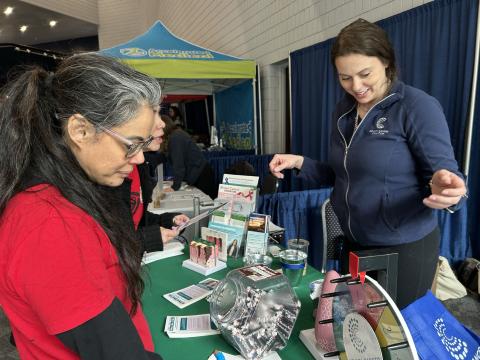Questions linger after FDA approval of Shield blood test for colon cancer
10 October, 2024
In July, the FDA approved the first blood test, called Shield, for primary screening of colon cancer in people at average risk. The test detects specific DNA changes in the blood that may signal the presence cancer or precancerous growths. In a study of nearly 8,000 people, Shield identified colorectal cancers in 83% of cases but was less effective in detecting precancerous growths, with a sensitivity of just 13%.
Some experts are optimistic about the test's potential to increase screening rates, as many people avoid colonoscopy due to its invasiveness. However, doctors note that Shield still requires a follow-up colonoscopy if the result is positive. There are also questions about the test’s cost, frequency, and long-term impact on reducing deaths. Additionally, the test’s results may provide a false sense of security for those with negative results.
The test offers a more convenient alternative to stool-based tests like FIT or Cologuard but may face challenges similar to these noninvasive options in ensuring proper follow-up.
Read more about the Shield test from the National Cancer Institute.
You May Also Like

April 2025 Awareness Month Materials
03.28.2025
April is the awareness month for both Head & Neck cancers and Testicular cancer.

NCC Travels I-80 Educating Nevadans on Cancer
03.24.2025
Every March the team from Nevada Cancer Coalition hits the road, traveling along Interstate 80 to attend the popular Humboldt General Hospital Hea

Lung Screening Bill Receives Support at Nevada Legislature
03.21.2025
A bill to improve access to lung cancer screening with low-dose computed tomography (LDCT) received support on Friday, March 21 from a number of s